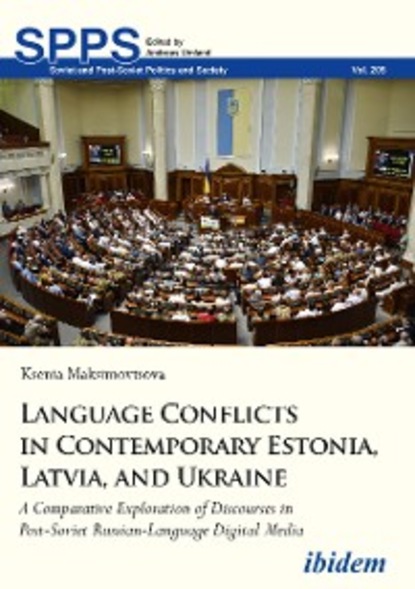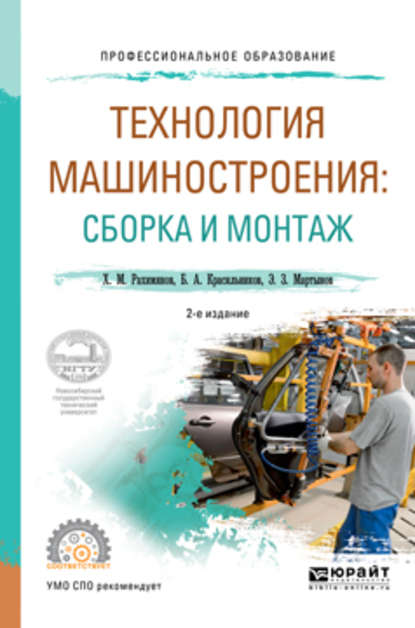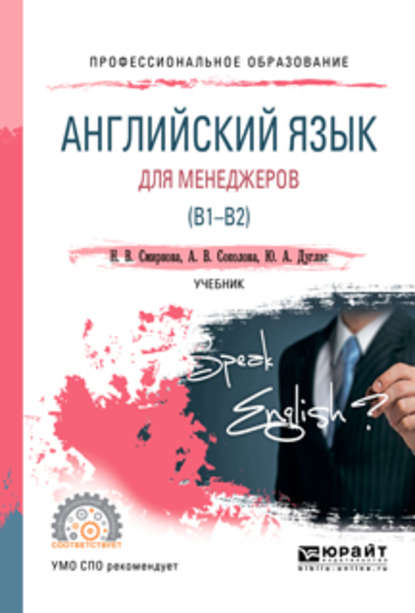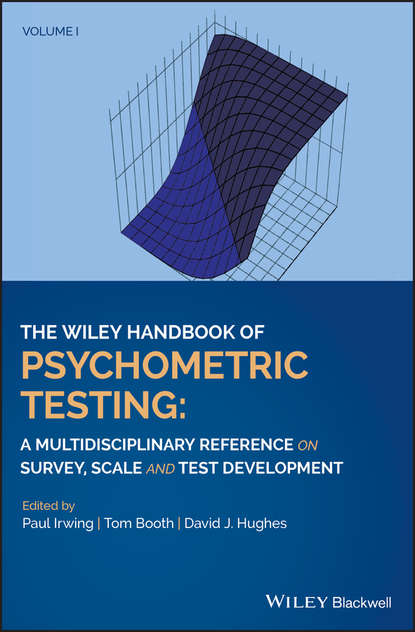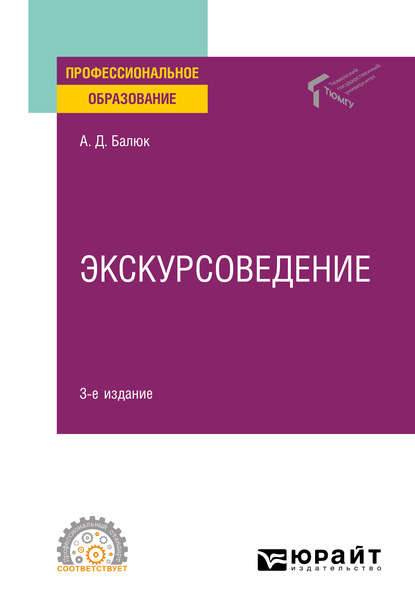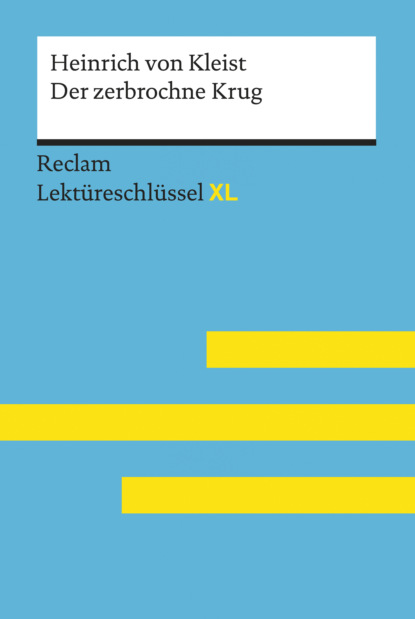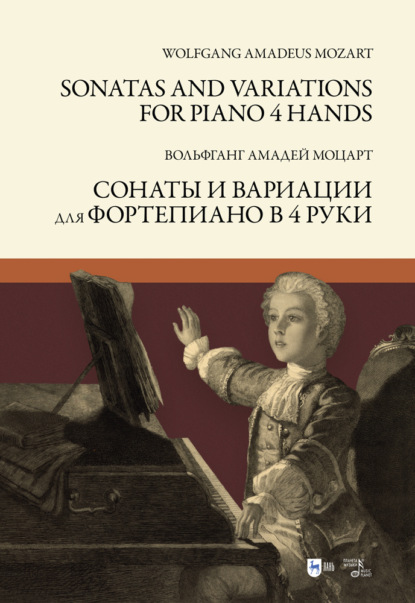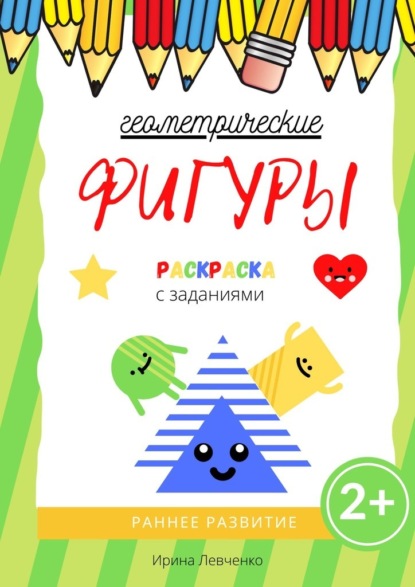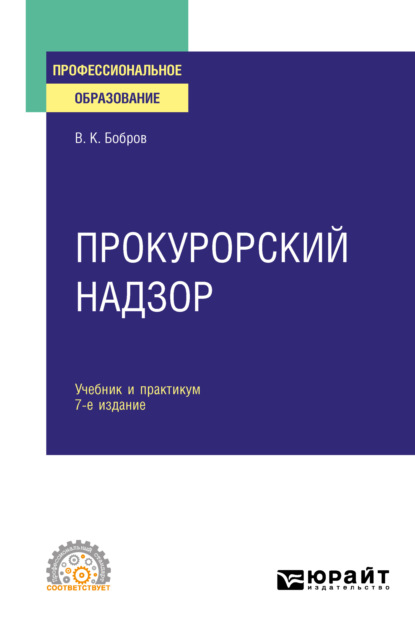Книга "Языковые конфликты в современной Эстонии, Латвии и Украине" рассматривает вопросы языковой политики и использования языка в посткоммунистическом регионе, которые привлекают широкое внимание политиков, СМИ и экспертов с момента распада СССР в 1991 году. Как эти проблемы политизированы в современной Эстонии, Латвии и Украине? В данном исследовании представлены кросс-культурный качественный и количественный анализ публикаций в ведущих русскоязычных блогах и новостных веб-сайтах трех постсоветских государств в период с 2004 по 2017 год.
Наиболее заметное различие, выявленное между Украиной и двумя балтийскими странами, заключается в том, что многие пользователи, пишущие на русском языке в украинском интернете, склонны поддерживать позицию о том, что государственный язык, то есть украинский, подвергается дискриминации и требует особой защиты со стороны государства, тогда как большинство русскоязычных комментаторов на выбранных эстонских и латвийских новостных веб-сайтах выступают за введение русского языка в качестве второго государственного языка.
Несмотря на попытки украинского правительства украинизировать общественное пространство, позиция украинского языка до сих пор воспринимается даже многими русскоязычными комментаторами и блоггерами как "нестабильная" и "уязвимая". Это стало особенно заметно в ходе дебатов после Революции Достоинства, когда число сторонников введения русского языка в качестве второго государственного значительно сократилось. В русскоязычном сегменте эстонских и латвийских новостных веб-сайтов и блогов, напротив, большинство пользователей постоянно воспроизводят образ "жертв" национального строительства. Они часто утверждают, что их политические и экономические права значительно ограничены по сравнению с этническими эстонцами и латышами.
Результаты исследования Максимовцовой показывают, что, несмотря на различия между случаями Эстонии и Латвии, с одной стороны, и Украины, с другой, существует процесс сближения дебатов в Украине с проводимыми в двух других анализируемых странах в терминах повышенной степени "дискурсивной декоммунизации" и "дерусификации".
The book addresses the issue of language policy and use in the region after the breakup of the Soviet Union in 1991has continuously attracted great political, media and expert attention. It features a comparative study looking into Russian language blogposts and websites in Estonia, Latvia and Ukraine over the period spanning from 2003 to 2018.
While many Estonians, Latvians and Ukrainians see the official language as safe, the online pro-Russians use portray them as vulnerable(Maksimovtsovas findings also indicate that Russians remain more reticent, which some interpret as cautiousnesswhile others believe to stem from fear ).This conclusion becomes especially discernible during the height of Russia's annexation of Crimea, where pro-Russian voices gave way among online commenters and bloggers to an apparent support for the adoption of Russian as Estonias Latvias official state languages.yet many still insist on maintaining the status quo .
Электронная Книга «Language Conflicts in Contemporary Estonia, Latvia, and Ukraine» написана автором Ksenia Maksimovtsova в году.
Минимальный возраст читателя: 0
Язык: Английский
ISBN: 9783838272825
Описание книги от Ksenia Maksimovtsova
Language policy and usage in the post-communist region have continually attracted wide political, media, and expert attention since the disintegration of the USSR in 1991. How are these issues politicized in contemporary Estonia, Latvia, and Ukraine? This study presents a cross-cultural qualitative and quantitative analysis of publications in leading Russian-language blogs and news websites of these three post-Soviet states during the period of 2004–2017.
The most notable difference observed between Ukraine and the two Baltic countries is that many Russian-writing users in Ukraine’s internet tend to support the position that the state language, i.e. Ukrainian, is discriminated against and needs special protection by the state, whereas the majority of the Russian-speaking commentators on selected Estonian and Latvian news websites advocate for introducing Russian as a second state language.
Despite attempts of Ukraine’s government to Ukrainize public space, the position of Ukrainian is still perceived, even by many Russian-writing commentators and bloggers, as being ‘precarious’ and ‘vulnerable’. This became especially visible in debates after the Revolution of Dignity, when the number of supporters of the introduction of Russian as second state language significantly decreased. In the Russian-language sector of Estonian and Latvian news websites and blogs, in contrast, the majority of online users continually reproduce the image of ‘victims’ of nation-building. They often claim that their political, as well as economic rights, are significantly limited in comparison to ethnic Estonians and Latvians.
The results of Maksimovtsova’s research illustrate that, notwithstanding differences between the Estonian as well as Latvian cases, on the one hand, and Ukraine, on the other, there is an ongoing process of convergence of debates in Ukraine to those held in the other two countries analyzed in terms of an increased degree of ‘discursive decommunization’ and ‘derussification’.
